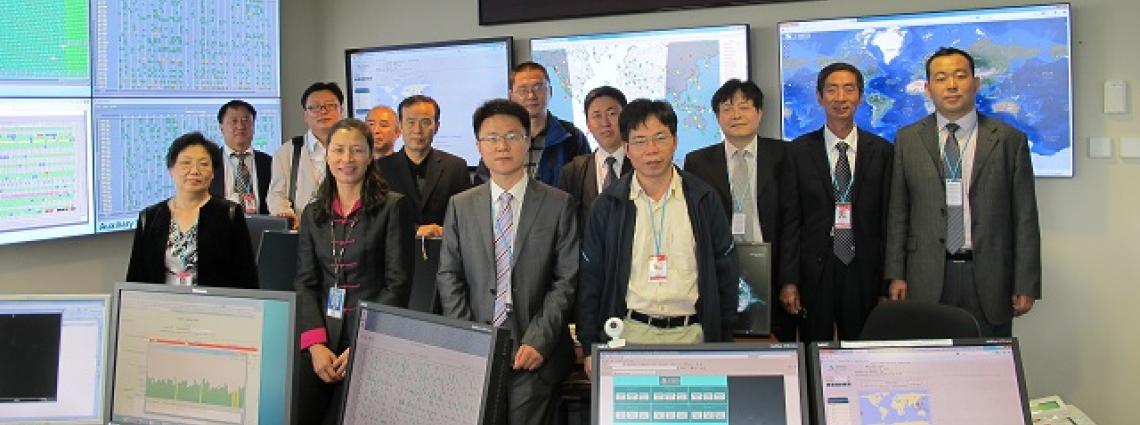Technical training for Chinese station managers
Eleven of the 337 monitoring stations that will make up the International Monitoring System (IMS) are located in China. This network is a key part of the verification regime to detect any nuclear explosion in violation of the Comprehensive Nuclear-Test-Ban Treaty (CTBT). Ten of the stations in China are already operational. They generate data by means of seismic, infrasound and radionuclide technologies.
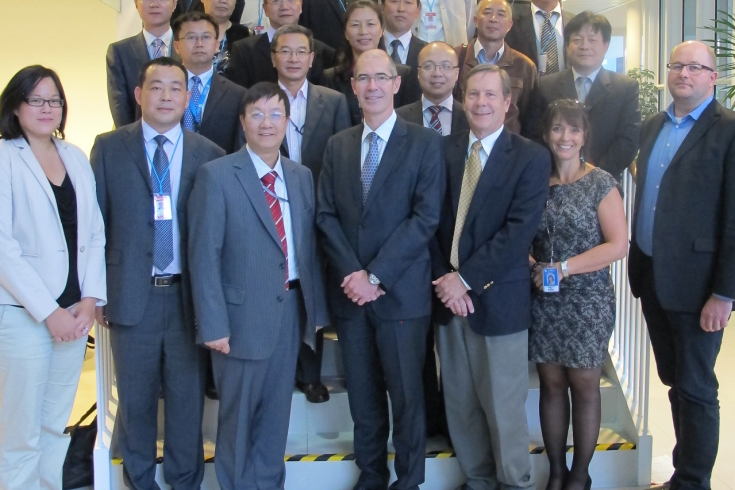
The Chinese station managers and their CTBTO trainers.
Harsh climate conditions, unreliable power supplies and extreme remoteness are just some of the challenges that station managers face on a routine basis. During the training session, the Chinese experts learned how to keep the stations up and running despite these adverse conditions, and how to rectify problems when they occur. Since the CTBTO relies heavily on the station managers for the maintenance of the stations as well as the data flow, it is very important to have well-trained experts on-site.
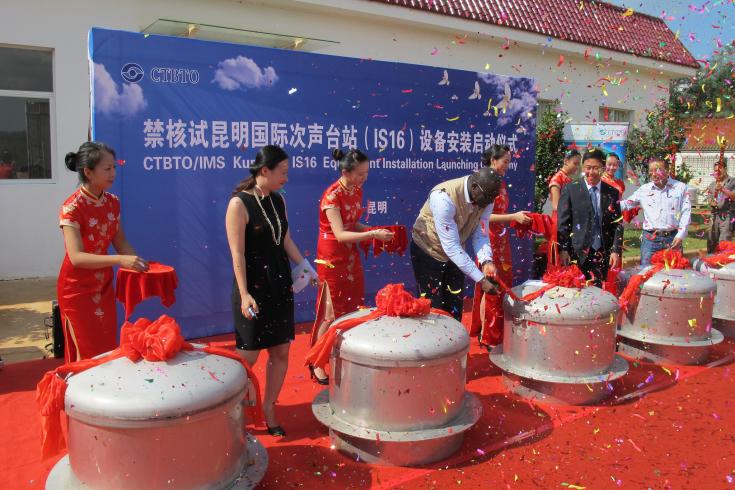
Celebrating the installation of infrasound station IS16 at Kunming, China.
The National Data Centre provides technical support for the stations in China, thus it was important to learn how to operate and maintain those stations efficiently. We will now try our best to push our stations to the T&E level.
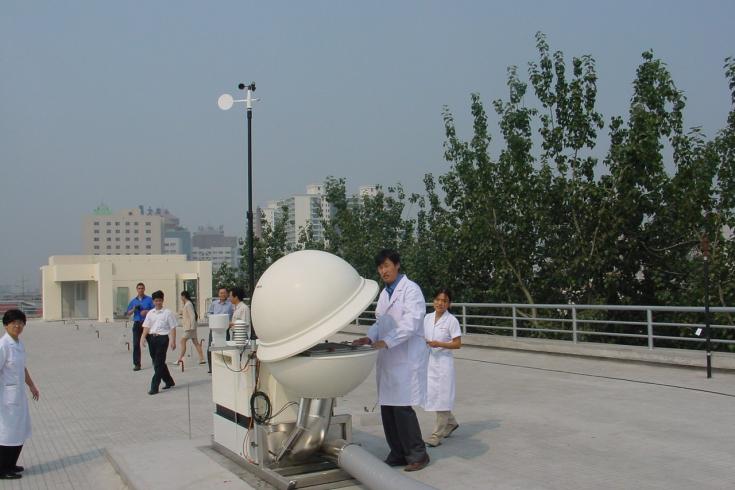
Radionuclide station RN20 in Beijing, China, is equipped with noble gas detection technology.
The training was very useful and gives us new perspectives. If possible I would like to do a workshop like this in China in order to pass on the knowledge we have gained.
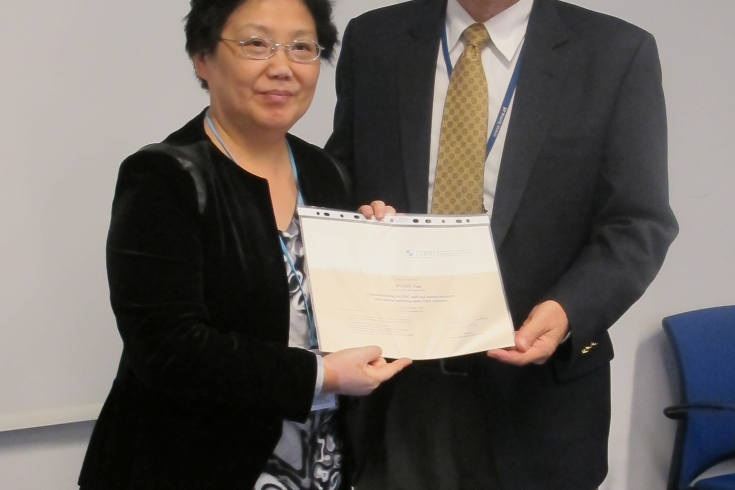
Yun LOU, manager of radionuclide station RN20, Beijing, receiving her training certificate from Jerry Carter, Officer in Charge, IDC Division.
17 Sep 2013
